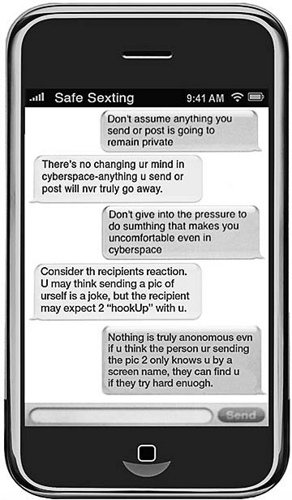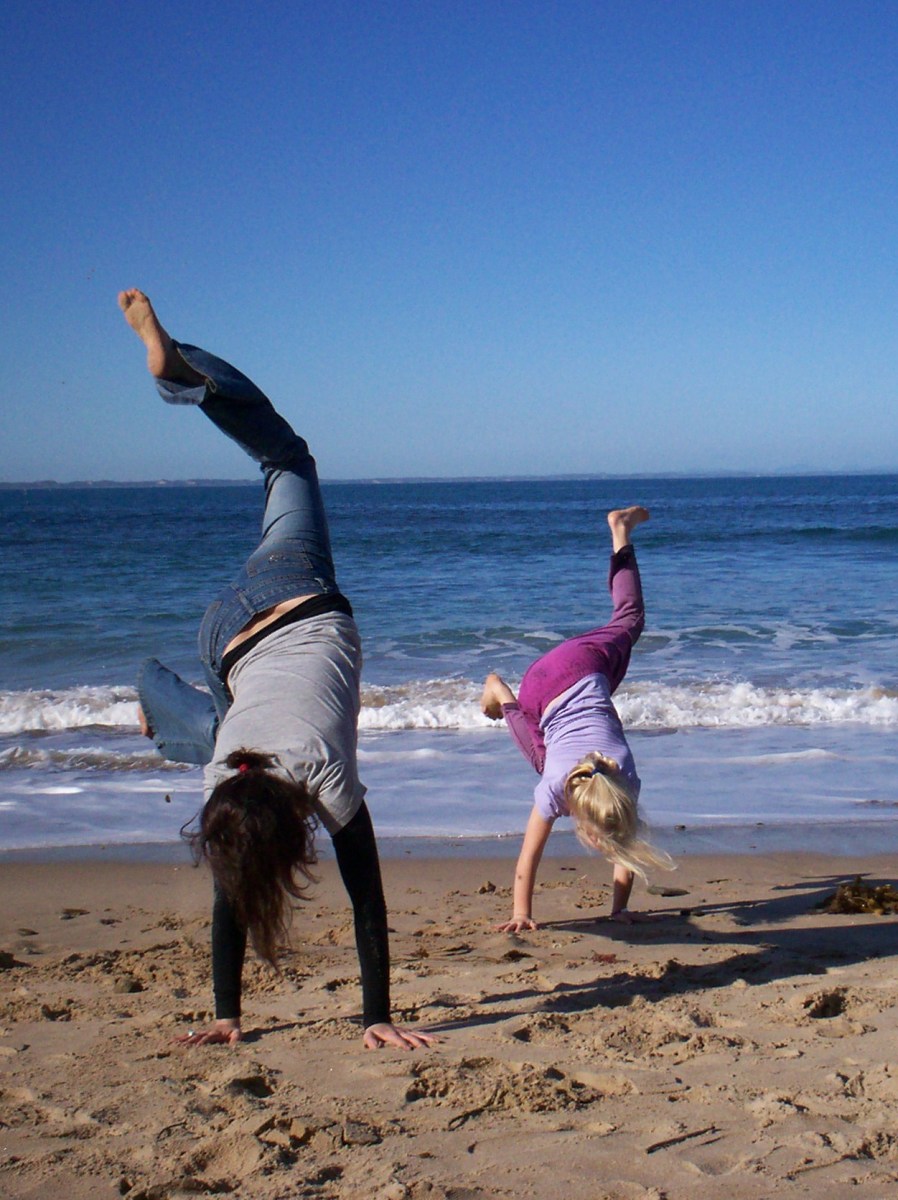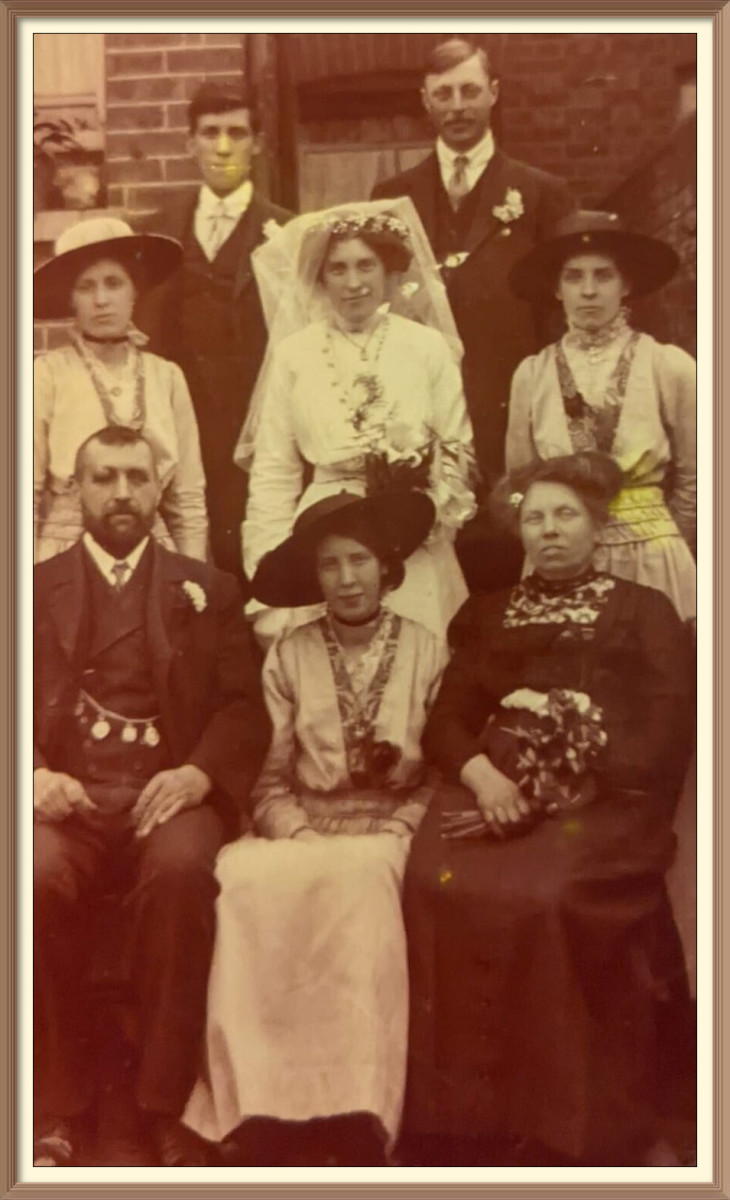The Dangers of Sexting

Sexting by teenagers has reached almost critical even epidemic levels in recent years. With the advance in cellphone technology, more teens are using them to post pictures of themselves to social sites, often with very little clothing if any at all, to send to friends, boyfriends, girlfriends and to many other places.
What they are often not aware off is that a "cottage" industry has been actively seeking out these images to use for their own benefit and making lots of money from it. Off course showing a picture of anyone under the legal age is against the law in most countries. But these web savvy thieves do not really care, so long as their actions get them a quick buck.
Lets be clear on what sexting is:Sexting is the act of sending sexually explicit messages or photographs, primarily between mobile phones. The term was first popularized in early 21st century, and is a portmanteau of sex and texting, where the latter is meant in the wide sense of sending a text possibly with images.[1"Wikipedia
Most kids who post their images on the net, often to impress their peers or to amuse others and mostly to get the attention of the opposite sex, do take the time to think about the consequence that the revealing of these images can have on their lives in the future.
Once these images hit the net and become public, most victims will feel embarrassment, humiliation and some extreme cases, even consider suicide as a way to escape the almost constant ridicule to which they can be come exposed by their peers. Remember the case of Jessica Logan?
"It’s no secret that the sexually explicit photos teens (stupidly) post online could be stolen, but a new study sheds light on how frequently such images are reposted. The Internet Watch Foundation found that 88% of teens’ videos and photos are stolen, sometimes by a cottage industry of ‘parasite websites’ that exist for the sole purpose of harvesting candid teenage photos." http://techcrunch.com
There are several ways in which kids can prevent thieves from using their private images for their own gain. The main one is not to take the pictures in the first place. But if the child is foolish enough to do so, then by no means post them on any site or any place that is Internet based.
Keeping in mind that once the images go on the net, there is no turning back. Many of these images are posted immediately by whomever stole them, but they often re-surface years later, thus the emotional and psychological damage can endure for years to come.
It would not be too far fetched to think that having your private photos appear on the net years after you took them will lead to a possible job loss or create a difficult situation in the present.
One particular instance that comes to mind where images of a teacher whose nude photos re-surfaced after several years had elapsed after they were taken and posted on a social site for her boyfriend's pleasure resulted in a job loss and public scorn. Perhaps not fair but a reality.
Hopefully one day the technology will be so advanced that these sort of images would not be able to be posted on any site. Even better, if the technology does not allow for anyone who is not of the legal age to even record these images on their own cellphones, much like what some sites use to prevent offensive material from hitting the net.
The technology to recognize shapes and discriminate against what is nudity and what it is not is out there, without having to use human interaction to make a decision.
Lets be clear, we are not referring to posting images or any actions done by consenting adults. It may be immoral, but nevertheless legal. What we must instill into the minds of children is that by no means should they ever send or post anything that they do not want others to see.
If they are at any time feeling pressured to do so by others, then the best alternative to taking photos and posting them is to reach out to an adult loved one, even a counselor and seek help. Do not take the feelings of whomever is pressuring you into account; it's you or them!
For now the best alternative seems to be to crack down on the sites and the people who run them that prey on the innocence of others and steal these images without the slightest concern for the damage that their illicit actions can cause.
- The Dangers of Teen Sexting | Psychology Today
Sexting a problem with major consequences By Raychelle Cassada Lohmann, M.S., L.P.C....
A message from a child's point of view
© 2012 Luis E Gonzalez







